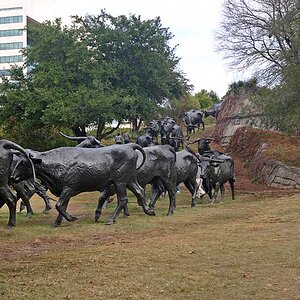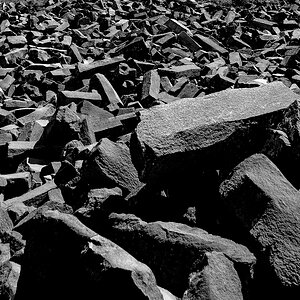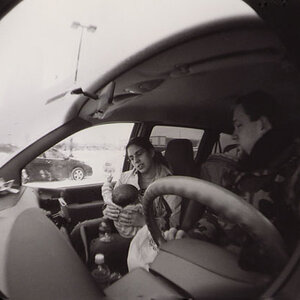andythebrave
TPF Noob!
- Joined
- Apr 19, 2007
- Messages
- 43
- Reaction score
- 0
- Location
- London, UK
- Can others edit my Photos
- Photos NOT OK to edit
To be honest I wish I still had my first OM-10.
And I could get one on ebay in decent nick with proper Olympus lenses in 28, 50 & 135mm all for less than £75/$150 with the manual adaptor for the camera too.
Now that's a decent basic camera with full manual control and the three prime lenses that will cover pretty much anything for starters.
It's a steal.
When I were a lad (say that in a broad Lancashire accent please for the full effect) everyone, but everyone, had an OM10 or a Pentax K1000 or ME Super. They're all tremendous in that they were cheap then (and cost little more than a couple of beers now) and enabled a whole generation of photographers to understand the first rule of equipment which is:
It's the lens that counts.
Not forgetting the second rule which is:
It's the lens that counts.
And the third and final rule which is:
It's the lens that counts.
Better get those bids in quick because I can feel my mouse moving towards the bid now button of its own volition.
And I could get one on ebay in decent nick with proper Olympus lenses in 28, 50 & 135mm all for less than £75/$150 with the manual adaptor for the camera too.
Now that's a decent basic camera with full manual control and the three prime lenses that will cover pretty much anything for starters.
It's a steal.
When I were a lad (say that in a broad Lancashire accent please for the full effect) everyone, but everyone, had an OM10 or a Pentax K1000 or ME Super. They're all tremendous in that they were cheap then (and cost little more than a couple of beers now) and enabled a whole generation of photographers to understand the first rule of equipment which is:
It's the lens that counts.
Not forgetting the second rule which is:
It's the lens that counts.
And the third and final rule which is:
It's the lens that counts.
Better get those bids in quick because I can feel my mouse moving towards the bid now button of its own volition.


 , I think I'd be better off with something like the K1000, could anybody give me some more info on lenses availalbe for that camera?
, I think I'd be better off with something like the K1000, could anybody give me some more info on lenses availalbe for that camera?
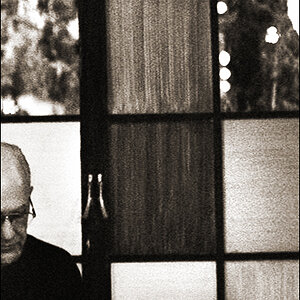
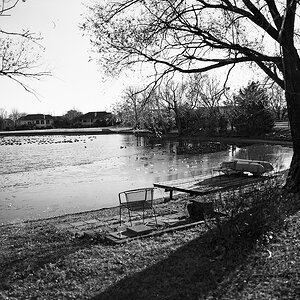
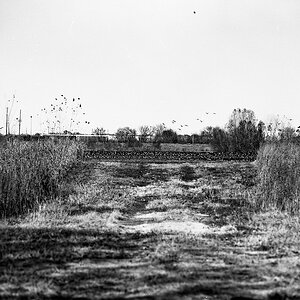
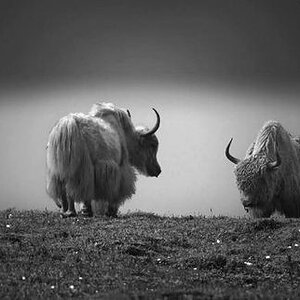
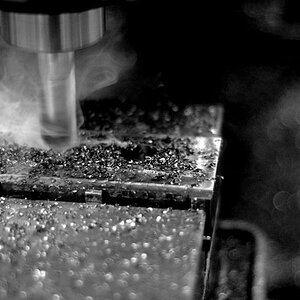
![[No title]](/data/xfmg/thumbnail/41/41490-6af71315284539e04ae1878cda0d613f.jpg?1619739818)
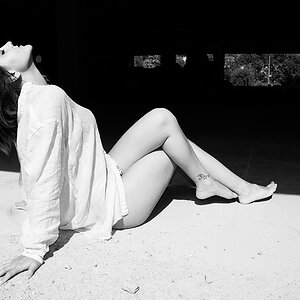
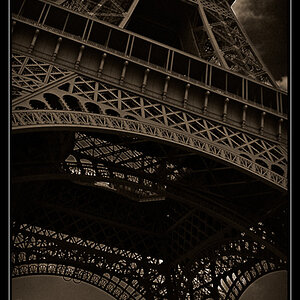
![[No title]](/data/xfmg/thumbnail/41/41492-467958db3420bceb7ab410a12dcc681f.jpg?1619739819)
